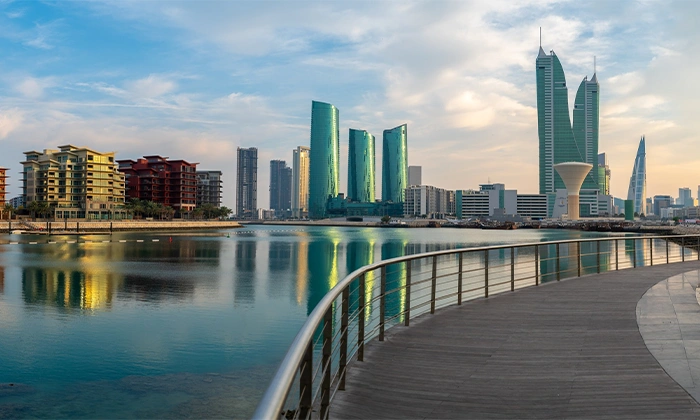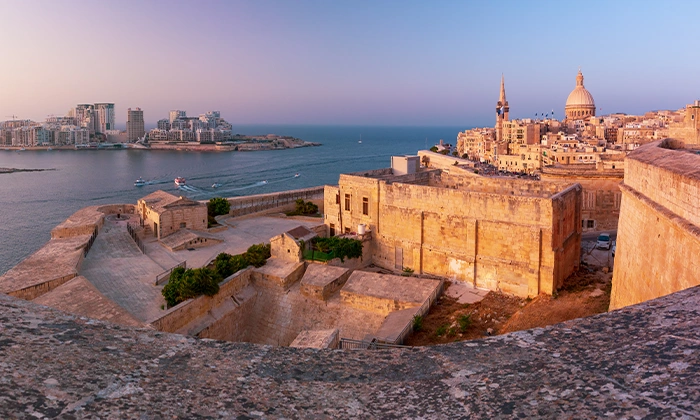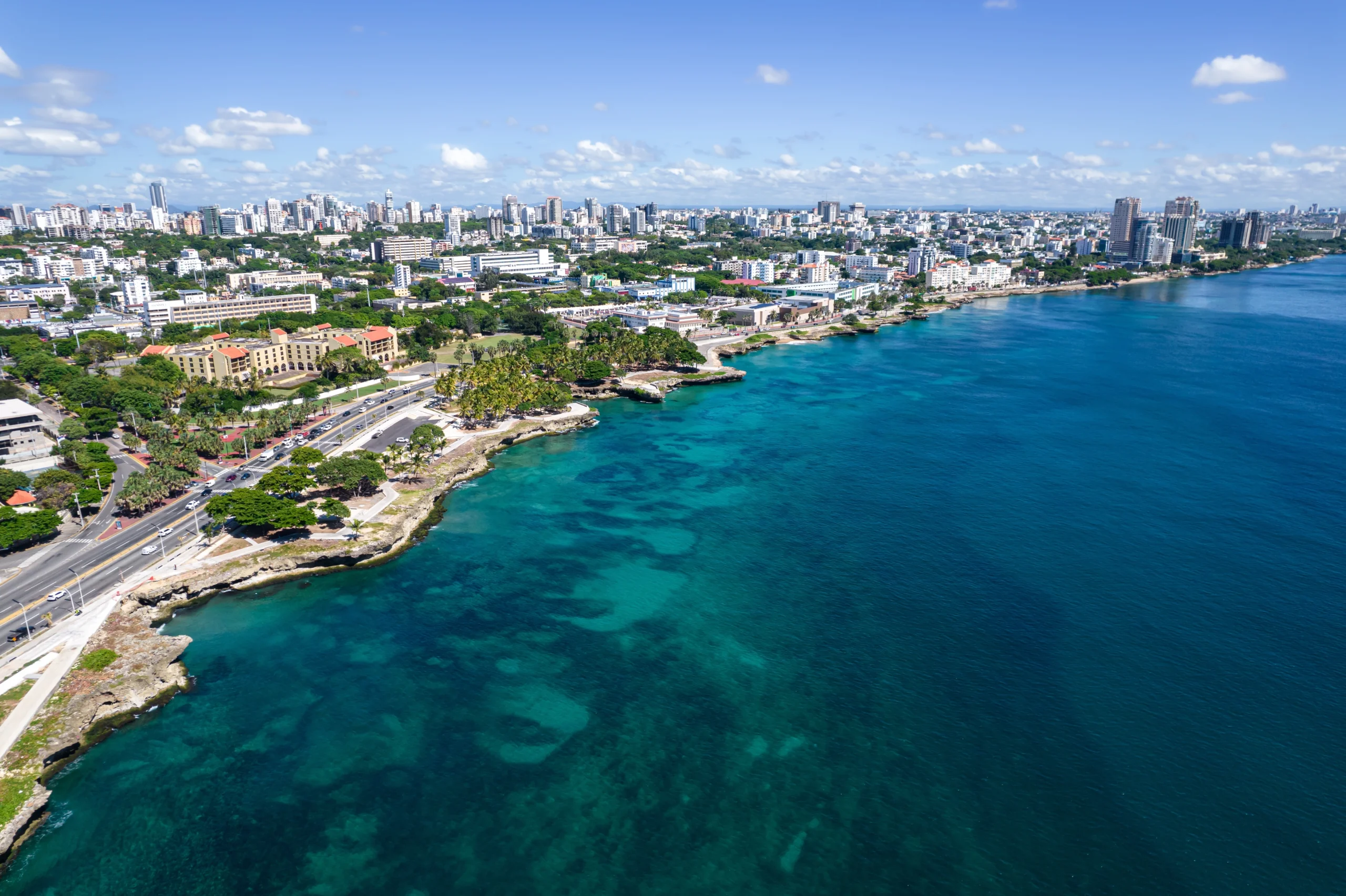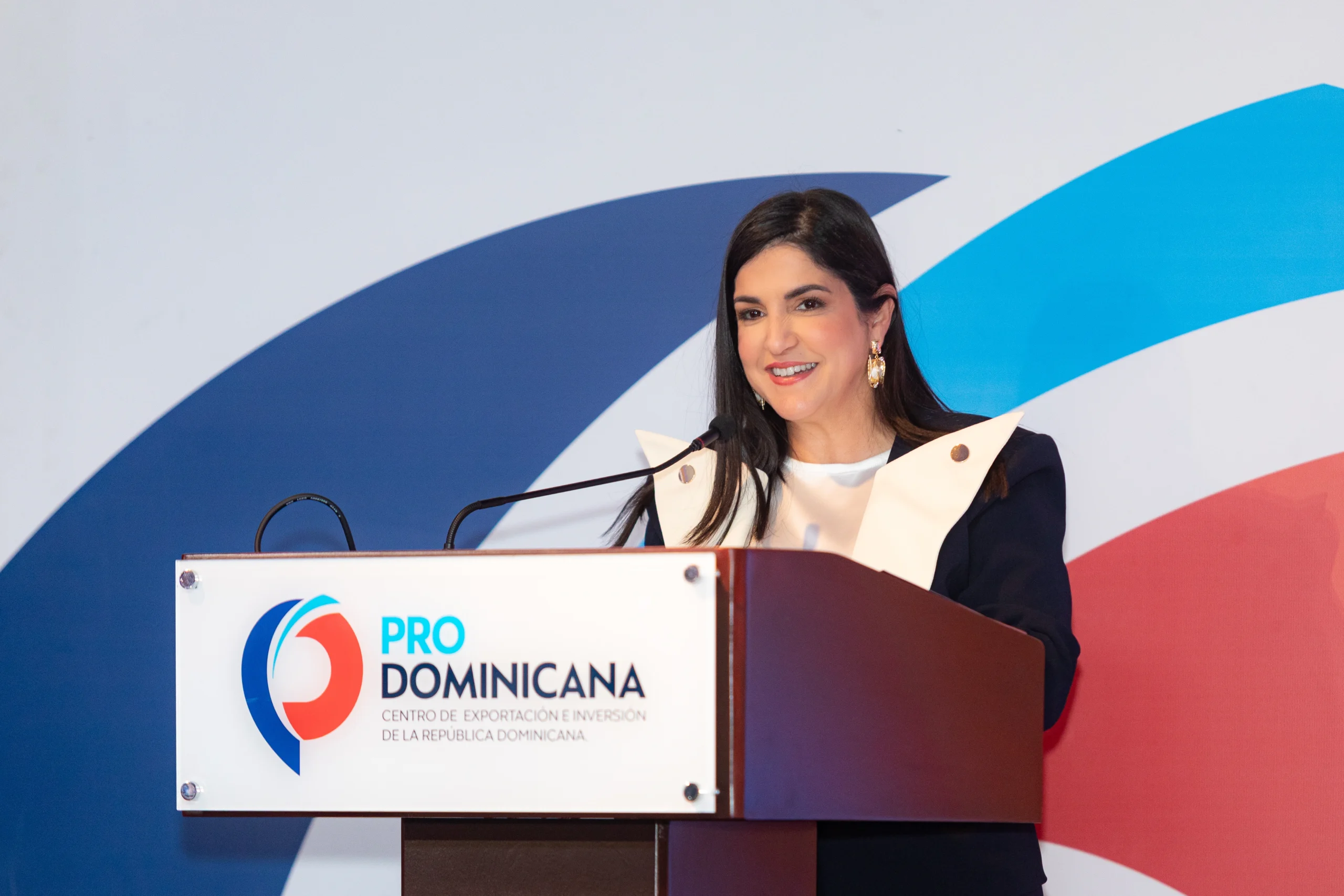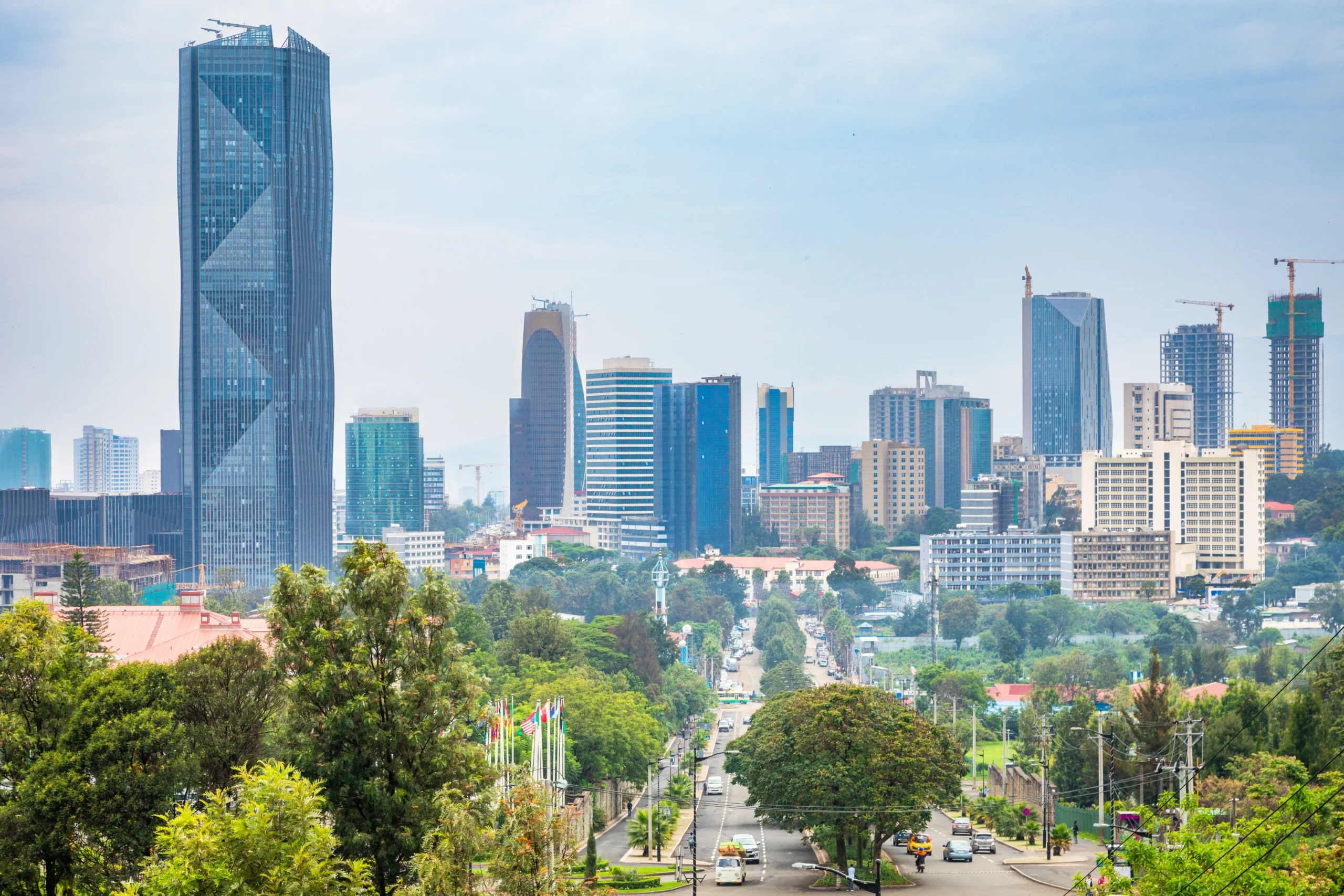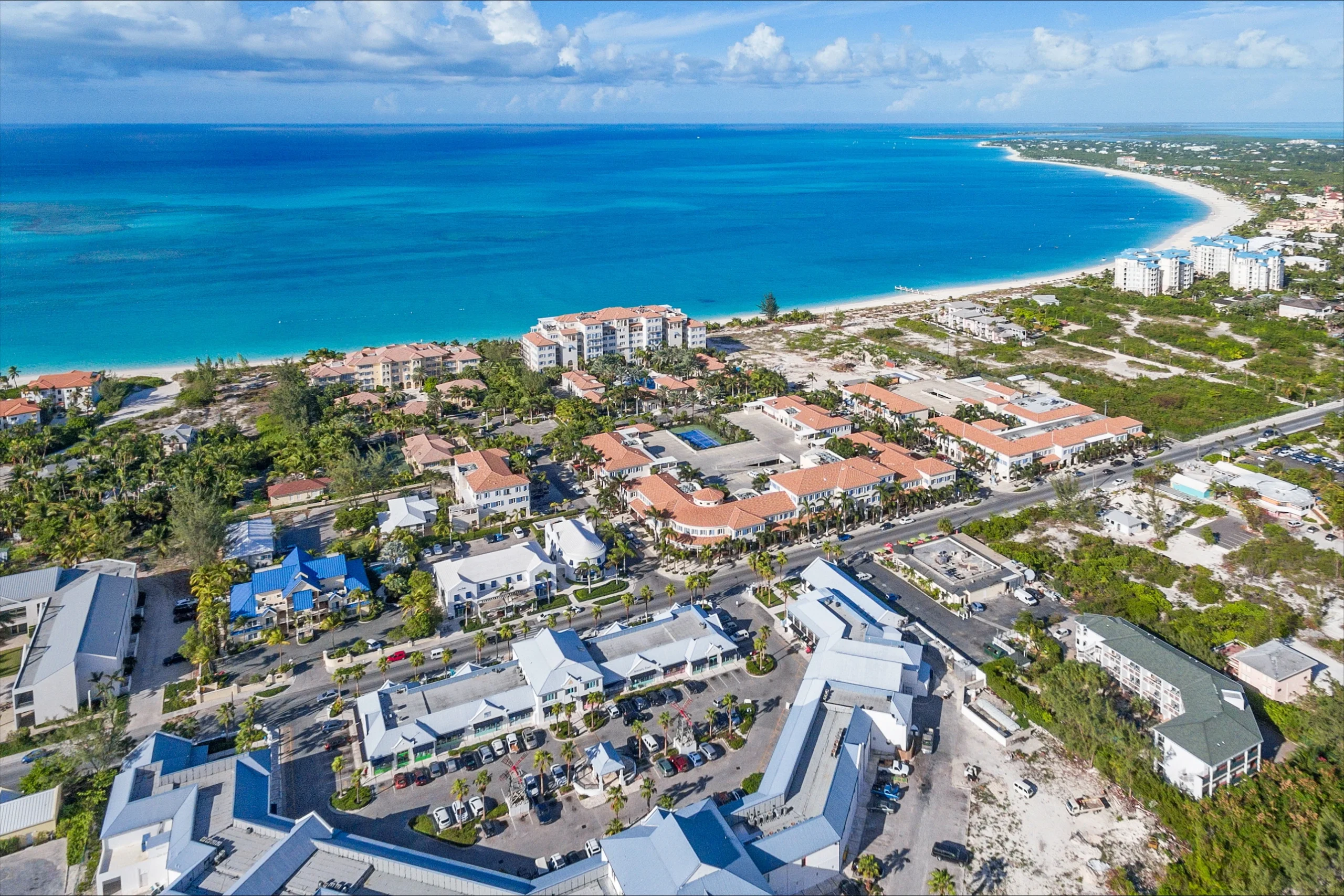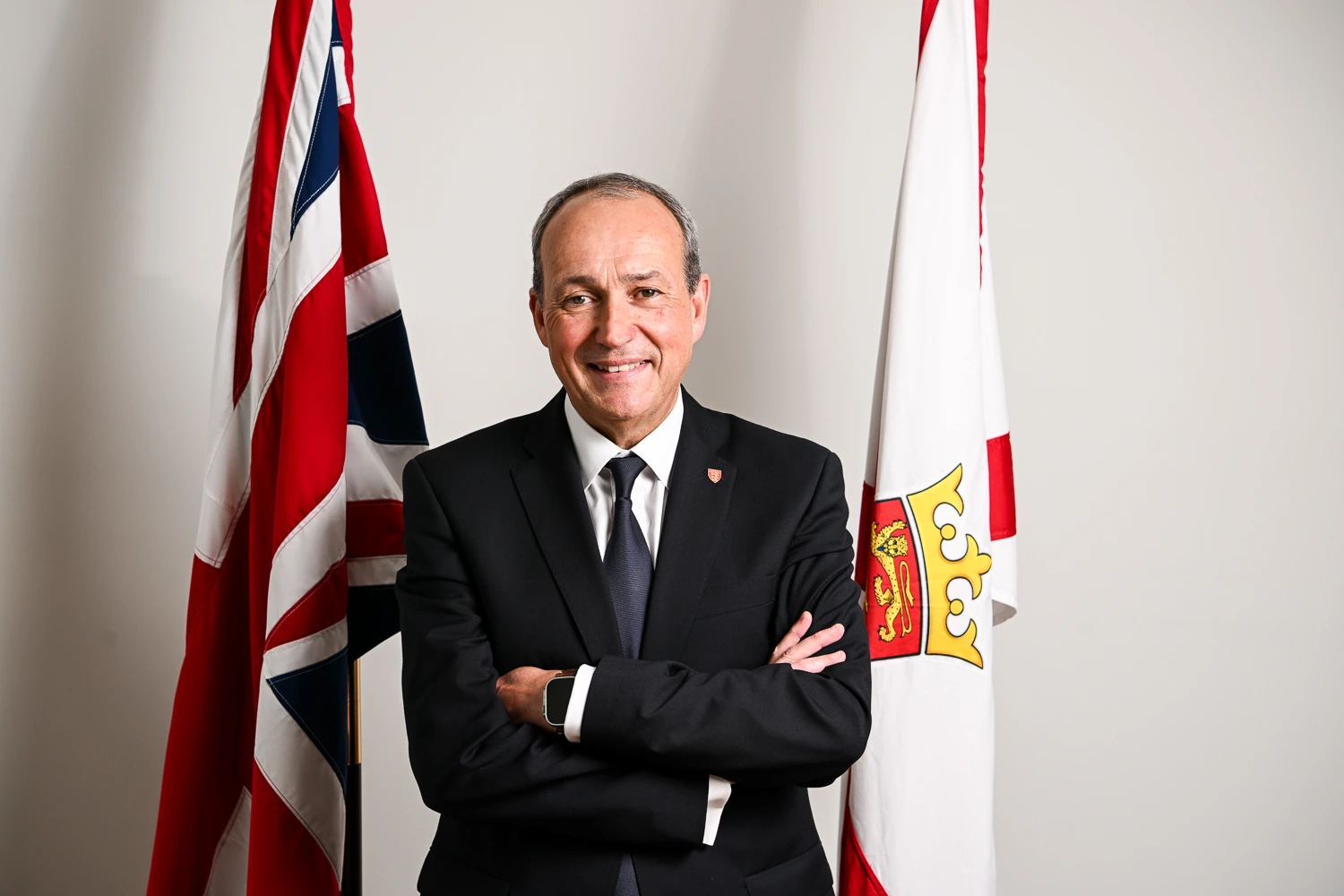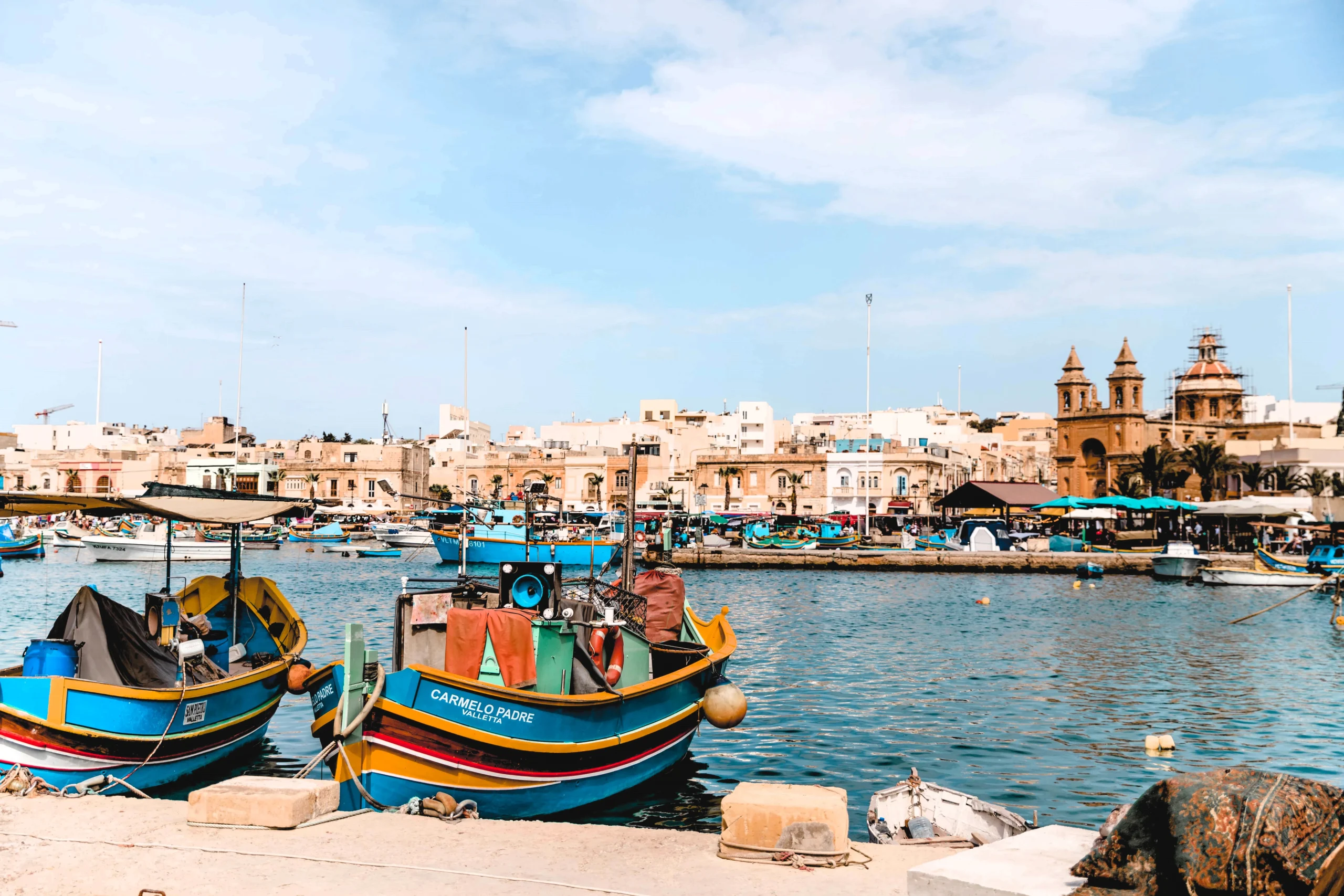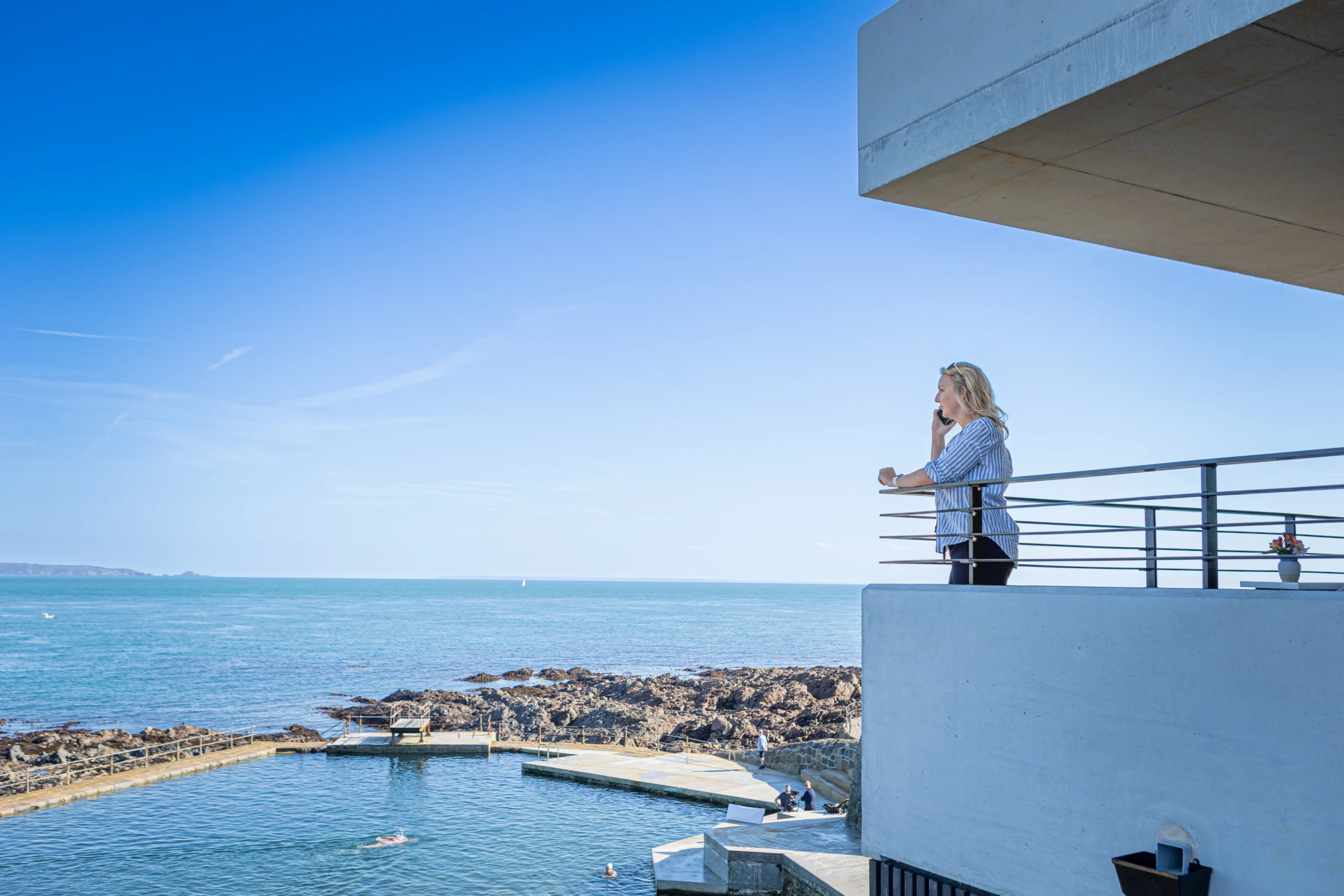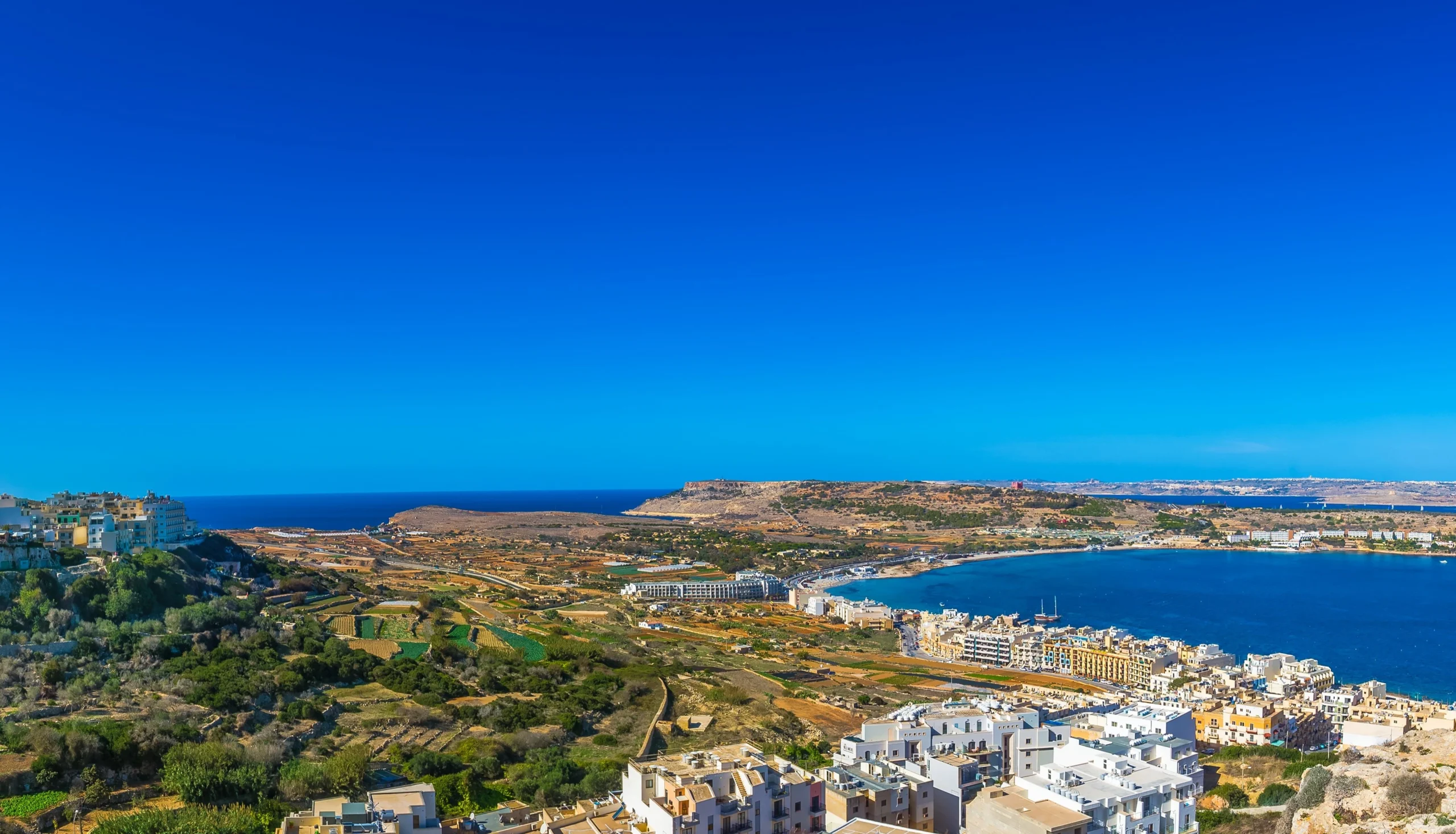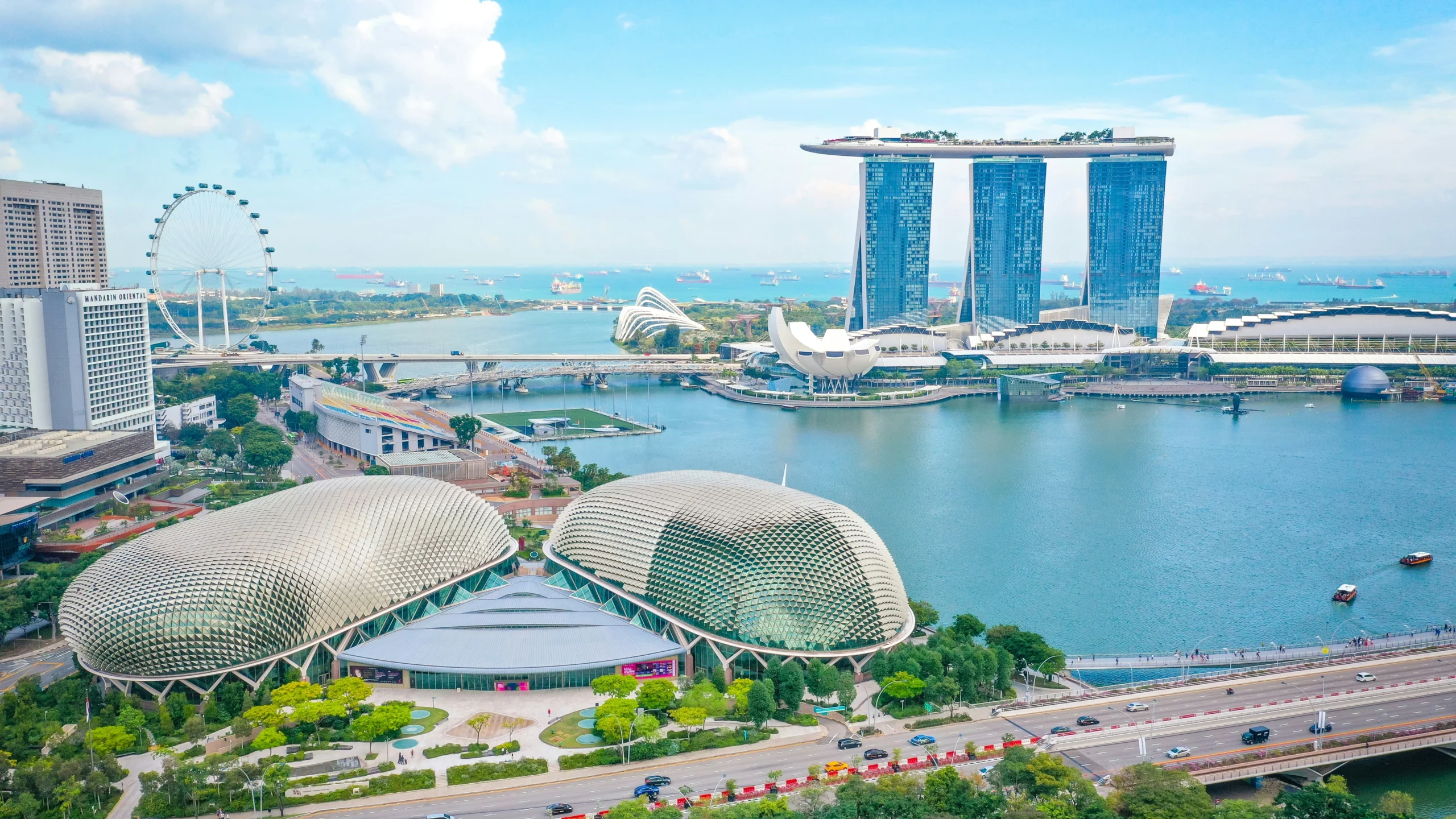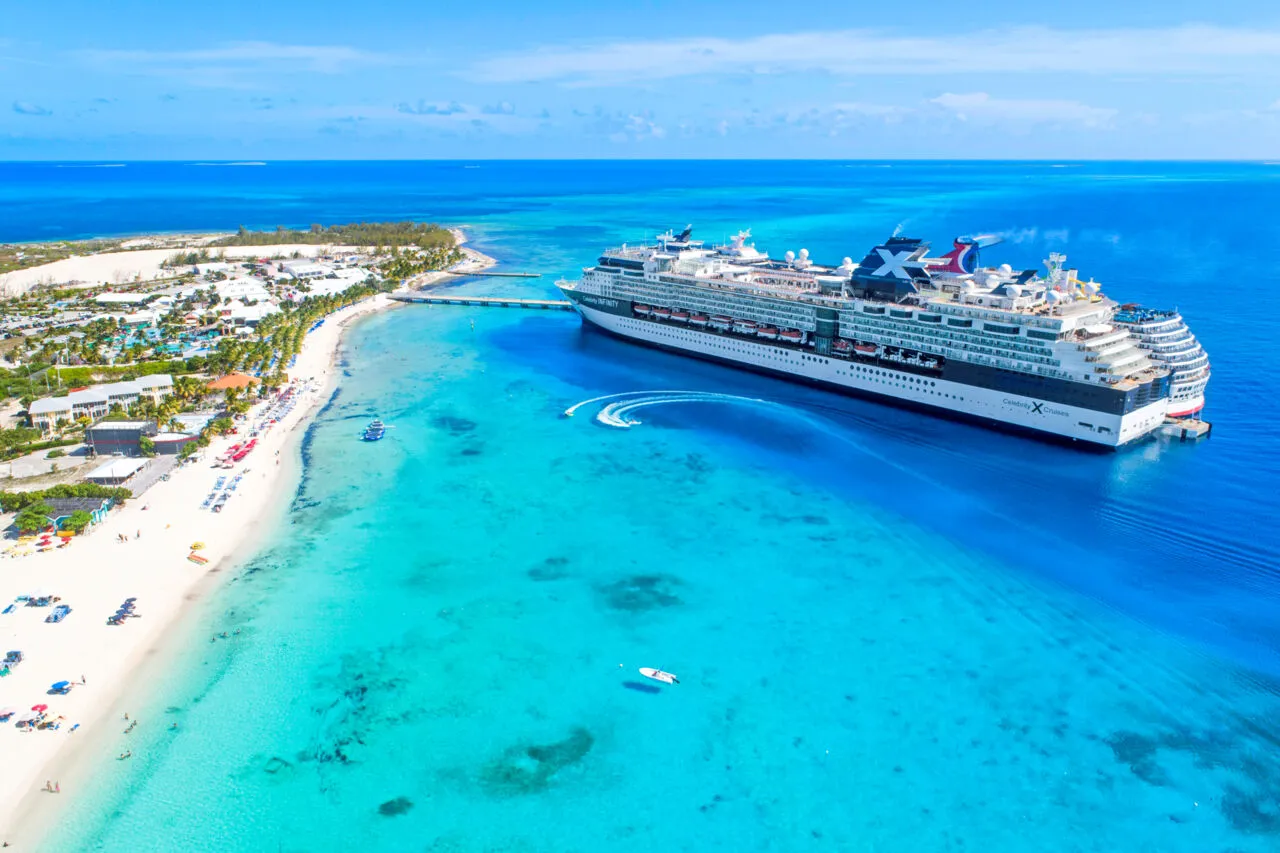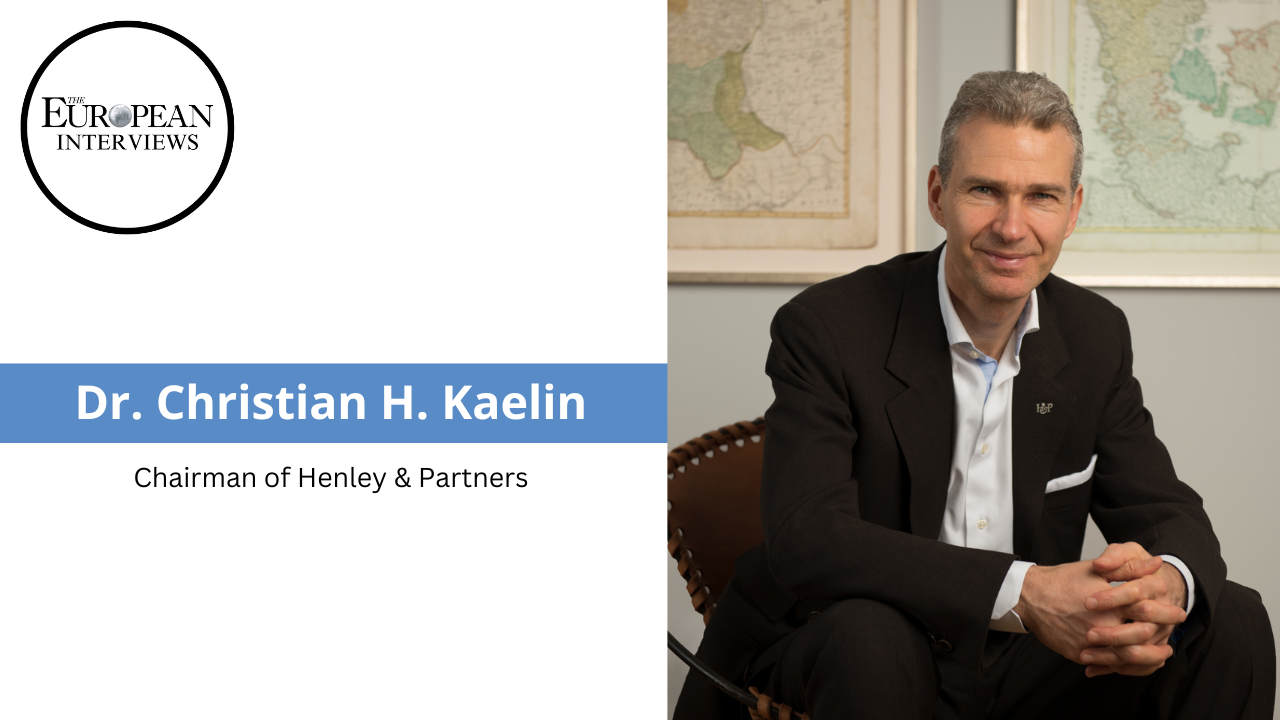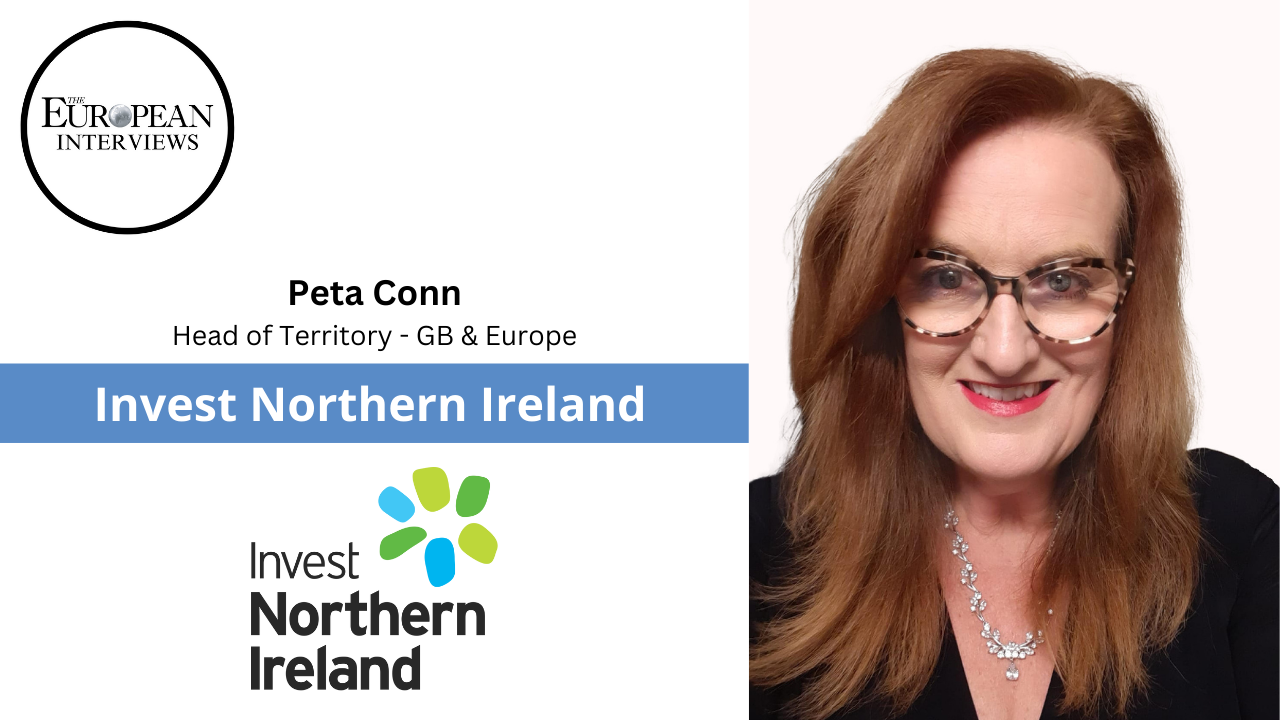The importance of a green agenda to social policy in Mexico

John E. Kaye
- Published
- Foreign Direct Investment, Home, Sustainability
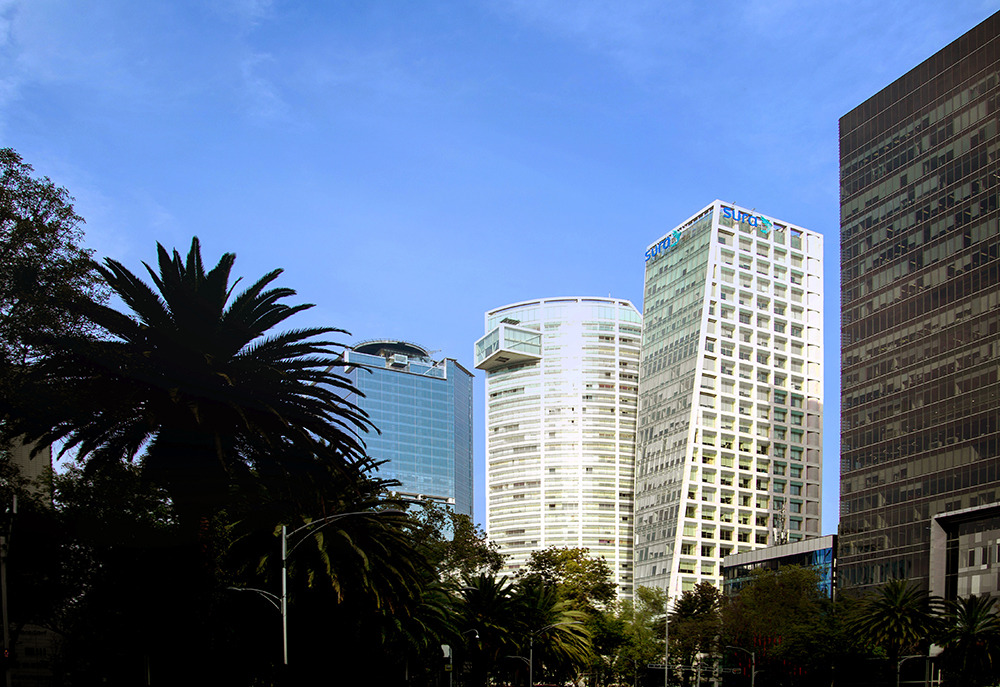
Article by Irving Vázquez, Head of ESG Integration at AFORE SURA
In 2018 Andrés Manuel López Obrador, or “AMLO” as he is known, won Mexico’s presidential election by a landslide majority. His candidacy strongly advocated social justice and the establishment of policies aimed at increasing the living standards of those left behind by the perceived failures of capitalism. After one year in office, AMLO’s government has focused on reallocating fiscal spending out from the ministries’ payrolls to social programmes that serve those most in need.
However, AMLO’s rhetoric has been lacking an official stance regarding climate change from a social perspective. Although Mexico is not a large contributor to the world’s greenhouse gas emissions, it is among the countries most vulnerable to the impact of climate change because of its geographical and socioeconomic conditions. The country is located between two oceans with 9,330 km of coastline – nearly half of its population lives in poverty according to the National Council of Social-Development Policy Evaluation (CONEVAL). These combined characteristics will in all probability cause Mexicans to be disproportionately affected by the impacts of climate change.
Mexico has taken important steps to address the problem in previous administrations. In 2012, the congress passed the General Climate Change Law, which was the first attempt to build an institutional framework to create mitigation and adaptation policies. As a result, the Inter-ministerial Commission on Climate Change and the National Institute of Ecology and Climate Change were created in 2013 to measure and coordinate the transition towards a lower-carbon economy. In the fiscal reform of 2014, a $2.5/tCO2e carbon tax on fossil fuels was implemented and in 2016 Mexico adhered to the Paris Agreements, committing to reduce greenhouse gas (GHG) and black carbon emissions by 22% and 51% in 2030.
Thinking green
There are signs that the green agenda – due to efforts led by the financial industry – will continue to gain importance in the private sector. In 2018, the members of a Mexican group of institutional investors called the Green Finance Consulting Council (CCFV), with $233bn assets under management, signed a declaration about the importance of ESG criteria in financial analysis. Starting in 2022, the Mexican pension funds (AFORES) will have to integrate ESG criteria in their investment processes. This year the pressure should increase for public issuers to have a strategy for adaptation and mitigation, as well as to disclose their emissions and all the relevant environmental information.
Awareness of the importance of the correct assessment of climate-related risks in the price of assets has been increasing, particularly for the Mexican largest asset owners, the AFORES. Mexico’s pension system changed from defined benefit to defined contribution in 1997, and now every worker in the formal sector must contribute a part of their salary. There are approximately 47 million workers registered and the portfolios of the system are more than 50% invested Mexico’s sovereign debt. In this sense, the government’s strategy to manage transition risks, to become a low-carbon economy and diversify away from fossil fuels, becomes paramount for the future of the Mexican pension system, thus translating into a social medium-term policy.
AFORE SURA is the first pension fund in Mexico to build an ESG area to coordinate integration within the investments and risk-management teams, recognising the urgency to understand and address the climate-change risks in the portfolio. SURA became part of the Principles for Responsible Investment (PRI) in 2020 and, as part of the CCFV, is leading a coordinated effort to increase ESG reporting from public issuers aligned to international standards.
In the public sector there is new information that could lead us to believe that Mexico is ready to continue materialising its international pledges, as it is about to issue its first sovereign SDG bond to finance investments in climate change, water security, quality education and more. Additionally, there are increasing expectations that the next fiscal reform (2022) will include an increase of carbon taxes. It is only coherent that a leftist president in Mexico, whose policy commitment “for the wellbeing of everyone, poor people come first”, promotes policies to mitigate climate change, protecting the future of the most vulnerable, which is half of the country’s population.
The institutional framework has already been created, what is needed is to continue the inter-ministry cooperation and create the financial network needed for the transition. Mexico has been recognised as an international leader in addressing climate change, we must continue raising the standard.
Further information
RECENT ARTICLES
-
 Zanzibar’s tourism boom ‘exposes new investment opportunities beyond hotels’
Zanzibar’s tourism boom ‘exposes new investment opportunities beyond hotels’ -
 Residence and citizenship planning is reshaping global wealth strategies
Residence and citizenship planning is reshaping global wealth strategies -
 Building sovereign bridges by attracting global investors
Building sovereign bridges by attracting global investors -
 Bahrain cuts property investment threshold for golden residency
Bahrain cuts property investment threshold for golden residency -
 Where mobility meets opportunity: Malta’s strategic advantage for global investors and innovators
Where mobility meets opportunity: Malta’s strategic advantage for global investors and innovators -
 UK government sets up Women in Tech taskforce amid gender imbalance concerns
UK government sets up Women in Tech taskforce amid gender imbalance concerns -
 Malta introduces Nomad Heritage Card for remote professionals
Malta introduces Nomad Heritage Card for remote professionals -
 How free global cities could reshape the future of migration
How free global cities could reshape the future of migration -
 Dominican Republic positions itself as Caribbean hub for sustainable trade and investment
Dominican Republic positions itself as Caribbean hub for sustainable trade and investment -
 Biviana Riveiro Disla speaks to The European about the Dominican Republic’s role as a hub for trade and investment
Biviana Riveiro Disla speaks to The European about the Dominican Republic’s role as a hub for trade and investment -
 Liechtenstein tops global index for foundations
Liechtenstein tops global index for foundations -
 Keeping the door open: wealthy UK citizens investing their way back into the EU
Keeping the door open: wealthy UK citizens investing their way back into the EU -
 Ethiopia emerges as a sustainable investment leader on the African stage
Ethiopia emerges as a sustainable investment leader on the African stage -
 France’s FDI renaissance marks a Nouvelle Ère for Europe
France’s FDI renaissance marks a Nouvelle Ère for Europe -
 The Turks and Caicos Islands: A new era for financial services and innovation
The Turks and Caicos Islands: A new era for financial services and innovation -
 Jersey in focus – an interview with Chief Minister Deputy Lyndon Farnham
Jersey in focus – an interview with Chief Minister Deputy Lyndon Farnham -
 Malta – a popular base for digital nomads
Malta – a popular base for digital nomads -
 Move to Guernsey: The Channel’s island gem
Move to Guernsey: The Channel’s island gem -
 Malta’s residency-by-investment programme: a clear path to permanent residency
Malta’s residency-by-investment programme: a clear path to permanent residency -
 The banking shift that Europe’s businesses can’t afford to ignore
The banking shift that Europe’s businesses can’t afford to ignore -
 High-net-worth Europeans turn to investment migration amid security fears
High-net-worth Europeans turn to investment migration amid security fears -
 Beyond the beaches: a spotlight on the Turks and Caicos Islands
Beyond the beaches: a spotlight on the Turks and Caicos Islands -
 Video Interview with Dr. Christian H. Kaelin of Henley & Partners
Video Interview with Dr. Christian H. Kaelin of Henley & Partners -
 Ireland’s resilience and future in Foreign Direct Investment
Ireland’s resilience and future in Foreign Direct Investment -
 Video Interview with Peta Conn of Invest Northern Ireland
Video Interview with Peta Conn of Invest Northern Ireland




